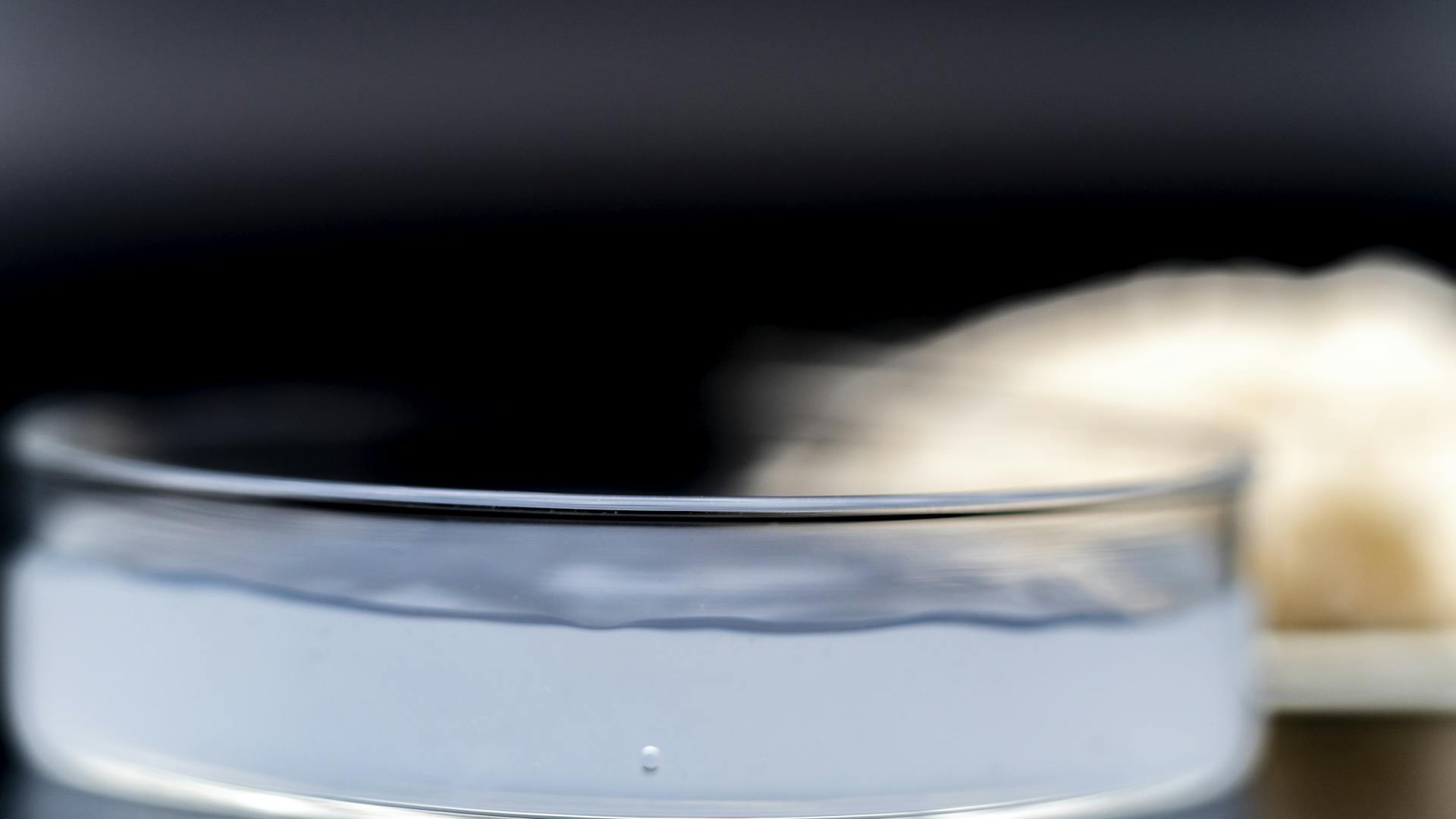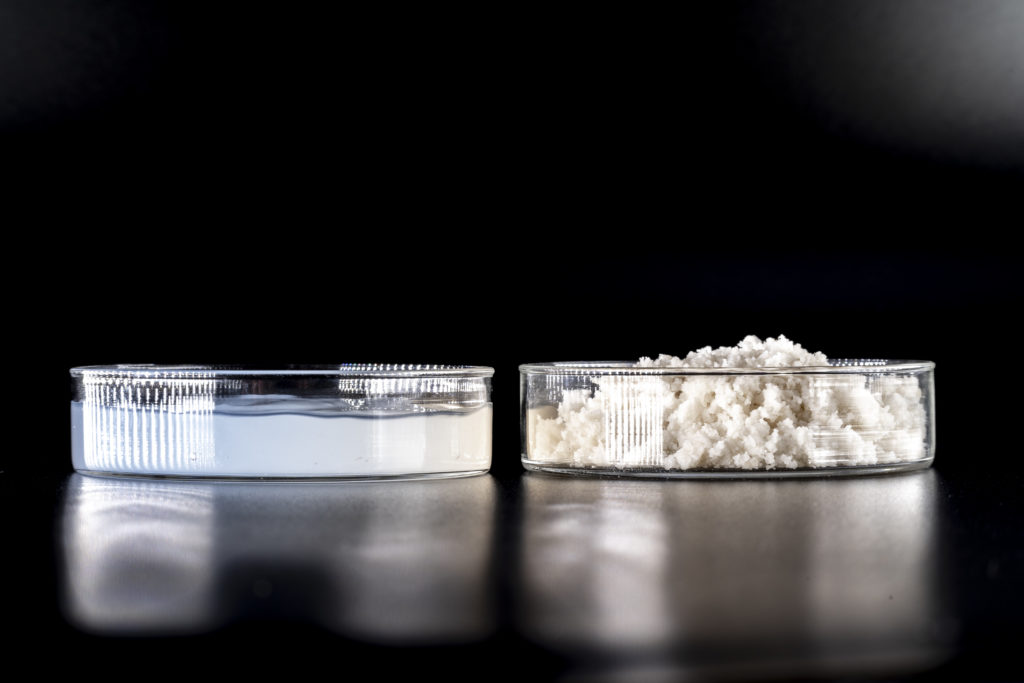
New projects: Cellunor and CIRCALGAE
We are excited to announce the addition of two new R&D projects — Cellunor and CIRCALGAE!
Specialty celluloses from Laminaria hyperborea for high-value applications:
Cellunor
Alginor has landed another project with the Research Council of Norway (RCN), this time in the call “Innovation Project for the Industrial Sector 2022”. The gross budget of the Cellunor project amounts to NOK 32 million and will be funded in part by the RCN. The goal of the project is to further the development of speciality celluloses yielded from Laminaria hyperborea.
Together with subsidiaries Oewa and Hypomar and in concert with RISE PFI, we will extend our knowledge of the unique cellulose found in L. hyperborea, in terms of extraction, refinement, characteristics, functions and applications.
While the CarboNor project (2020–2022) concerns both primary constituents of L. hyperborea, namely alginate (in polymer and oligomer forms) and cellulose, the Cellunor project will mainly focus on the latter in specialty forms, including CNF, MCC and CNC.

RISE PFI traces its roots back to 1923, when Papirindustriens Forskningsinstitutt (The paper industry’s research institute) was founded in Oslo. Today, RISE PFI operates an internationally renowned research institute in Trondheim with a strong emphasis on cellulose and other wood-borne compounds.
The project has a total budget of NOK 32 million for the period 2022–2025, of which the RCN is expected to fund NOK 16 million. In addition, Alginor will apply for SkatteFUNN.
CIRCular valorisation of industrial ALGAE waste streams into high-value products to foster future sustainable blue biorefineries in Europe:
CIRCALGAE
Last year, Alginor was approached by KTH the Royal Institute of Technology in Stockholm (KTH) together with a broad European consortium seeking to utilise waste streams from various algae-related activities, including both harvested and cultivated red, brown, and green algae biomasses. In extreme cases, up to 95 % of the initial biomass is discarded through industrial processes.
The CIRCALGAE team is coordinated by KTH in Stockholm and is comprised of 21 participants across 11 countries.
The proposal (ID 101060607) was submitted in October to the “Circular economy and bioeconomy sectors” call of the EU’s Horizon Europe framework and approved in early February.
The project aligns with existing activities, specifically the ALEHOOP and Fucomed projects. In ALEHOOP (2020–2024), agricultural waste streams are explored with a view to enhance algae-based components leading to increased value. While it is well-known that L. hyperborea contains a fucoidan component with great potential, fucoidan from other algae species is less explored. Through CIRCALGAE, Alginor seeks to develop a production line for bioactive fuco-oligomers, fucose and sulphated fucose, expanding the Fucomed product portfolio with additional fucoidan derivatives for the cosmetic market. Furthermore, farmed seaweed from project partners will be processed in Alginor's upcoming biorefinery as a potential additional seaweed source and possibility for Nordic SeaFarm AB to increase the value of farmed seaweed. The extracted and purified fucoidan will be fully analysed and characterised in the laboratories of Alginor's subsidiary, Oewa.
CIRCALGAE is a 48-month innovation action divided into seven work packages, where Alginor will lead work package 1 and provide assessments of phycocolloid-rich macroalgae harvesting and cultivation parameters and optimisation within biorefining.
The project has a total budget exceeding €10 million. Alginor’s participation includes €750 thousand in eligible costs over the project period. The aid intensity set by the European Commission is 70 %, providing a grant of €525 thousand.